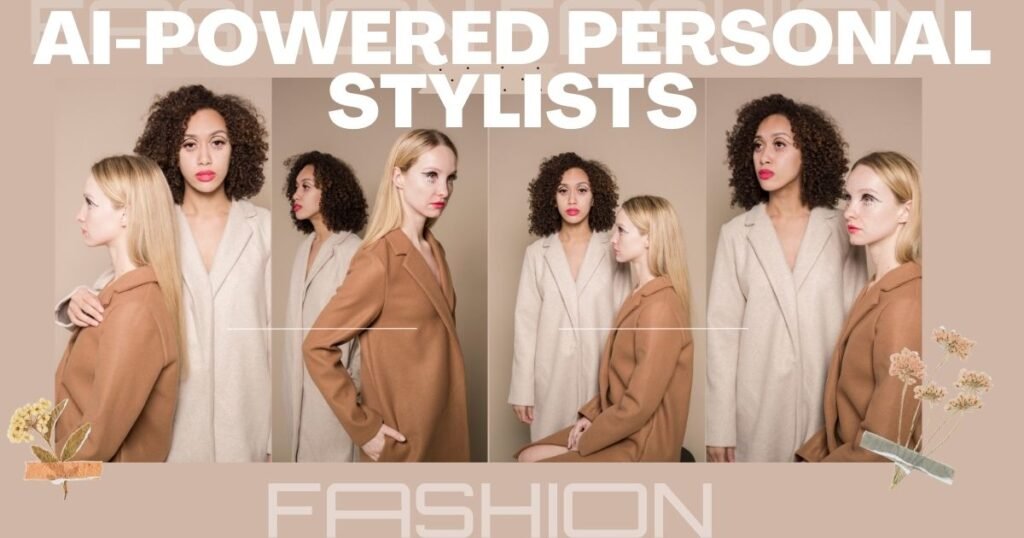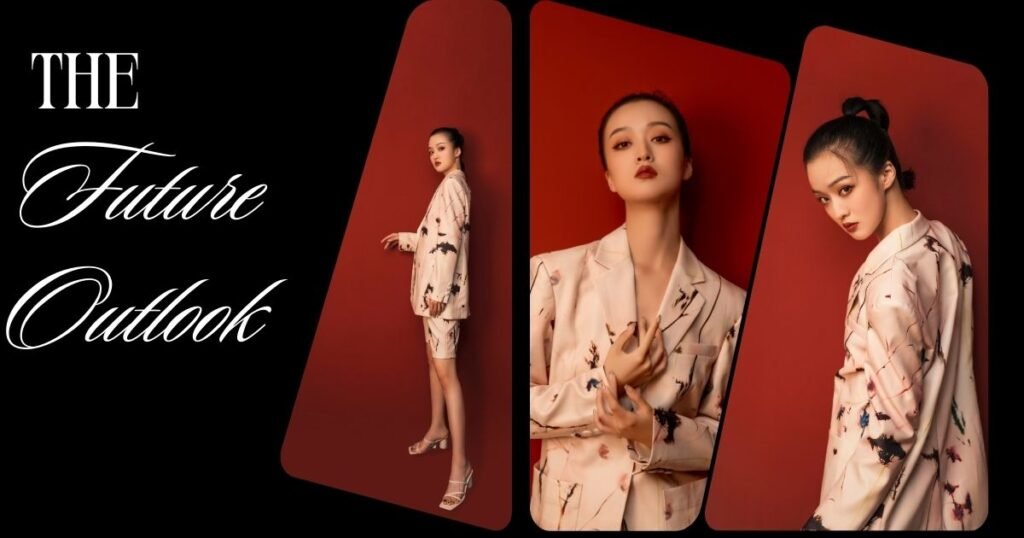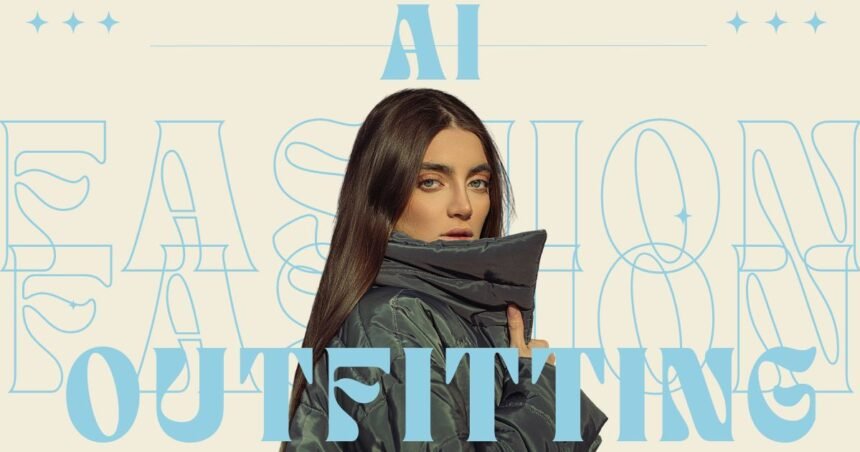In a world where fashion is increasingly influenced by technology, the concept of AI outfitting is rapidly gaining traction. But what exactly does this mean for the fashion industry and consumers alike? As we dive into the next decade, the integration of artificial intelligence (AI) in outfitting is set to redefine how we experience fashion. From personalized styling to sustainable practices, the future of AI outfitting promises to be both exciting and transformative.
Understanding AI Outfitting
AI outfitting refers to the use of artificial intelligence to enhance and personalize the fashion experience. This can include everything from virtual try-ons to AI-powered personal stylists who curate outfits based on individual preferences. By analyzing vast amounts of data, AI can predict trends, suggest clothing items, and even optimize the supply chain for fashion brands.
How AI is Shaping the Future of the Fashion Industry
The fashion industry has long been a hub of creativity and forward-thinking innovation. With AI, these elements are taken to the next level. AI helps designers predict what styles will be popular, assists retailers in managing inventory, and provides consumers with a shopping experience tailored to their unique tastes. The result? A fashion landscape that is more efficient, personalized, and in tune with consumer demands.
Current Trends in AI Outfitting
Virtual Try-Ons
One of the most significant advancements in AI outfitting is the virtual try-on feature. This technology enables consumers to virtually “try on” outfits before committing to a purchase. By using augmented reality (AR) and AI, shoppers can see how a piece of clothing will look on them without ever stepping into a store.

AI-Powered Personal Stylists
Imagine having a personal stylist who knows your style preferences, body type, and fashion history. AI-powered personal stylists are making this a reality. These virtual assistants curate outfits based on your past purchases, likes, and dislikes, ensuring that you always look your best.
Predictive Fashion Analytics
AI’s ability to analyze data at lightning speed means that fashion brands can now predict trends before they happen. By studying consumer behavior, social media trends, and market data, AI can forecast what styles will be in demand, allowing brands to stay ahead of the curve.
Key Drivers of AI Outfitting’s Future
Technological Advancements
The rapid growth of AI and machine learning is shaping the future of AI outfitting. As these technologies become increasingly advanced, they will unlock even greater possibilities for innovation in the fashion industry.
Consumer Demand for Personalization
Modern consumers seek more than just products—they crave unique experiences. AI outfitting meets this demand by providing personalized recommendations and tailored experiences that align with individual tastes and preferences.
Sustainability Initiatives
As the fashion industry faces mounting pressure to embrace sustainable practices, AI is becoming a key player in this transformation. From minimizing waste with smarter inventory management to encouraging ethical fashion choices, AI is driving progress toward a more sustainable and responsible future for fashion.

Emerging Trends to Watch
AI in Customization and Bespoke Fashion
As AI continues to evolve, we can expect to see more customization options in fashion. AI will enable brands to offer bespoke clothing that is tailored to the exact specifications of the consumer, from fit to fabric choices.
Ethical AI and Inclusivity
As the use of AI in fashion grows, so too does the need for ethical considerations. Brands will need to ensure that their AI systems are inclusive, avoiding biases that could lead to discrimination. This will involve creating AI that considers a wide range of body types, skin tones, and cultural backgrounds.
The Role of Augmented Reality (AR)
Augmented reality is set to play a significant role in the future of AI outfitting. By integrating AR with AI, brands can offer consumers immersive shopping experiences, from virtual fitting rooms to interactive store displays.
AI-Driven Supply Chain Optimization
AI is set to transform the supply chain by enhancing efficiency and minimizing waste. By predicting demand more accurately and optimizing logistics, AI can help fashion brands reduce their environmental impact while increasing profitability.
The Impact of AI Outfitting on Consumer Behavior

Enhanced Shopping Experiences
AI outfitting is transforming the way we shop. With personalized recommendations and virtual try-ons, consumers can enjoy a more engaging and satisfying shopping experience.
The Shift Toward Digital Fashion
As AI continues to influence fashion, we are seeing a shift toward digital fashion. Virtual clothing and accessories, powered by AI, are becoming more popular, especially in the gaming and social media worlds.
Redefining Brand Loyalty
AI’s ability to personalize the shopping experience is also changing the way consumers interact with brands. With AI-driven recommendations and personalized marketing, brands can build stronger, more loyal relationships with their customers.
Challenges and Concerns
Privacy and Data Security
As with any technology that relies on data, privacy and security are major concerns in AI outfitting. Brands will need to ensure that they are handling consumer data responsibly and transparently to maintain trust.
Ethical Concerns and Bias in AI
The effectiveness of AI systems depends heavily on the quality of the data used to train them. If this data is biased, the AI’s decisions can also be biased, leading to issues of fairness and discrimination in fashion. Addressing these concerns will be crucial as AI continues to shape the industry.
The Need for Regulatory Frameworks
As AI becomes more integrated into the fashion industry, there will be a growing need for regulatory frameworks to ensure that these technologies are used responsibly. This encompasses rules for data handling, ethical considerations in AI development, and safeguarding consumer rights.
The Future Outlook
The future of AI outfitting is not just about clothes—it’s about creating a seamless experience that integrates AI with the Internet of Things (IoT) and wearable technology. Imagine a wardrobe that can communicate with your fitness tracker to suggest outfits based on your daily activity levels.

AI-Influenced Fashion Communities
AI is also set to play a role in the creation of new fashion communities. These digital spaces will allow consumers to connect, share styles, and even create their own AI-powered fashion items, fostering a new era of collaborative fashion.
AI’s Role in Sustainable Fashion
As sustainability becomes more important, AI will play a critical role in helping the fashion industry reduce its environmental impact. AI is set to play a crucial role in advancing a sustainable fashion future by forecasting demand and streamlining production processes.
Conclusion
The future of AI outfitting is bright, with endless possibilities for personalization, sustainability, and innovation. As technology continues to advance, we can expect to see AI play an even more significant role in shaping the fashion industry. However, it will be crucial to address the challenges and ethical considerations that come with this new era of fashion.
FAQs
What is AI outfitting?
AI outfitting refers to the use of artificial intelligence to enhance and personalize the fashion experience, including virtual try-ons, AI-powered personal stylists, and predictive fashion analytics.
How is AI changing the fashion industry?
AI is revolutionizing the fashion industry by offering personalized shopping experiences, predicting trends, optimizing supply chains, and promoting sustainability.
What are the benefits of AI-powered personal stylists?
AI-powered personal stylists provide personalized outfit recommendations based on individual preferences, body type, and fashion history, making it easier for consumers to find clothing they love.
What challenges does AI face in the fashion industry?
AI in fashion faces challenges such as privacy and data security concerns, ethical issues related to bias, and the need for regulatory frameworks to ensure responsible use.
How will AI outfitting evolve in the next decade?
In the next decade, AI outfitting is expected to evolve with advancements in customization, ethical AI practices, augmented reality, and integration with IoT and wearable technology.





